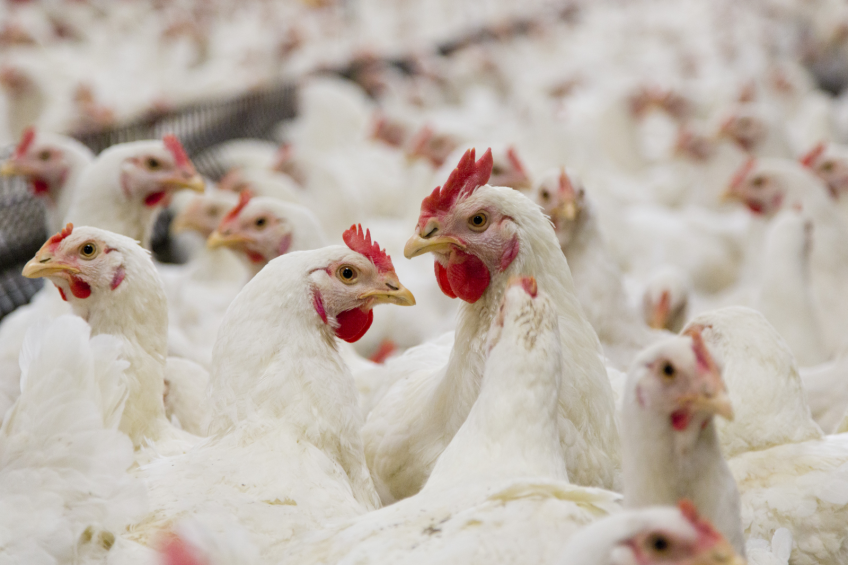UK consortium developing campylobacter vaccine

The English poultry company Banham Poultry is working in partnership with the University of Swansea, Ridgeway Biologicals and Crowshall Veterinary Services to develop a new autogenous vaccine against campylobacter.
Funded by the Biotechnology and Biological Research Council, the project aims to identify so-called “survivor strains” of the campylobacter bacteria – those that survive in the bird, throughout processing, right through to the point of consumption.
Farm level prevention
Once identified, these specific strains can then be incorporated into vaccines, with the aim to prevent birds becoming infected at farm level.
The approach would then be to vaccinate the breeding stock, so providing immunity to the broilers, as the maternal antibodies from the parent birds would help delay the colonisation of these survivor strains. The work forms part of Banham’s wider strategy for controlling campylobacter, which includes both farm and factory interventions.
World Poultry’s Health Tool: For information about health and diseases.
“Ongoing threat to public health”
“Our industry and retail connections, together with the senior team at the Food Standards Agency, gave us insight into the intense focus needed to battle campylobacter,” said Banham chief executive Martyn Bromley. “While this initiative falls under the long-term eradication heading, we see it as a potential solution to solving this ongoing threat to public health.”
By: Philip Clarke













